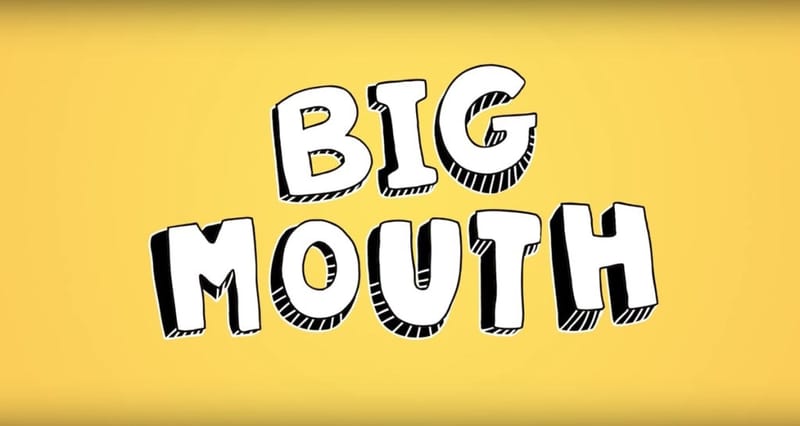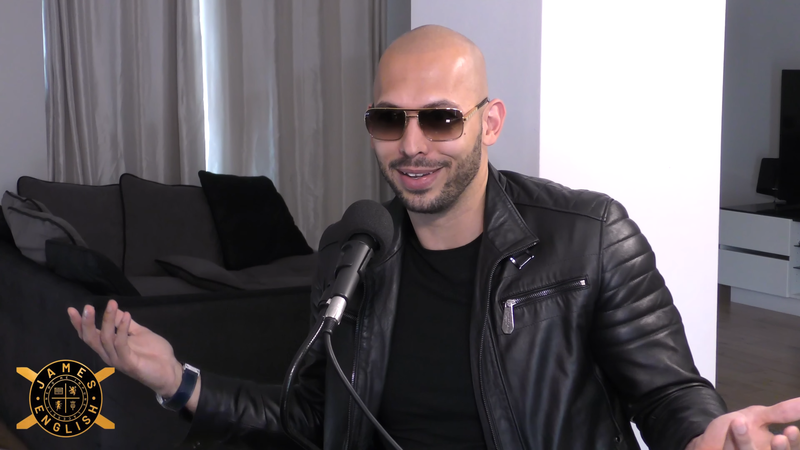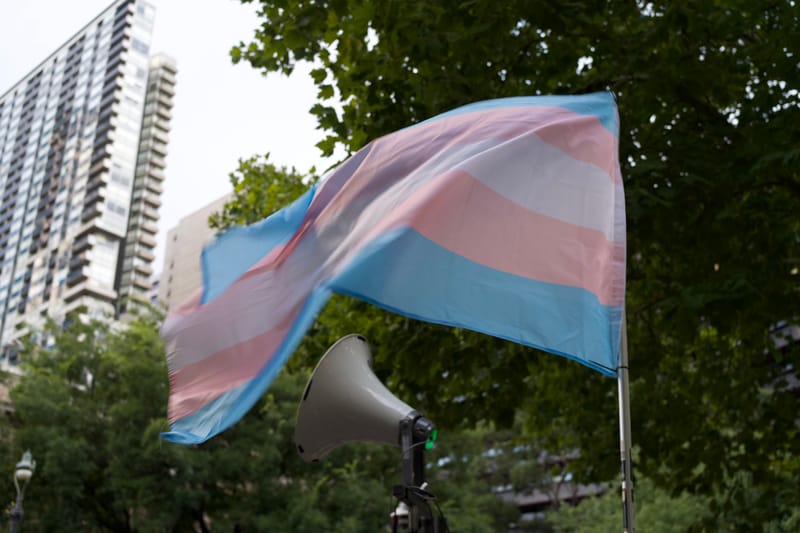Live and Let Live: society marginalises LGBTQIA members, putting them at greater suicide risk
🔗 [SYSTEM UPDATE] Link found. Timestamp incremented on 2025-11-26 13:55:13.Human Rights scholar Baden Offord's mother told him to take his own life when he was 17, after she caught him having sex with his male best friend.
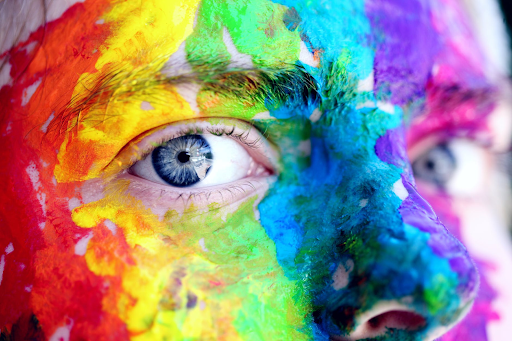
By EMILIO LANERA
This story is part of MOJO News campaign #HearMeOut to have a Federal Minister for Suicide Prevention appointed *
Human Rights scholar Baden Offord's mother told him to take his own life when he was 17, after she caught him having sex with his male best friend.
“I had a bit of a nervous breakdown that year and suicidal thoughts came up in my mind quite a bit,” Mr Offord said.
His mum took him to the doctor who prescribed Mr Offord antidepressants.
“[The doctor] said you could go through gay conversion therapy but I wasn’t really keen on doing that at all,” Mr Offord said.
He said he attempted to take his life while on antidepressants.
Despite what his mother said, Mr Offord said he has forgiven her and does not blame her completely for his suicidality.
“I was in a family in which there was already a lot of suicidal thinking,” he said.
“My sister tried to take her life, my mum tried to take her life.... my brother took his life a few years ago as well.
"My dad was an alcoholic - he had a disability. My sister was being abused by my father.
"My suicidality was pretty much caught up in that mental health world which wasn’t very healthy.”
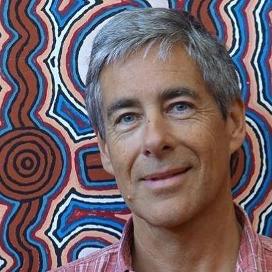
Mr Offord’s family migrated from New Zealand and were part-Maori.
Living in Australia in the 1970s, Mr Offord said his family’s suicidality was a result of being excluded from society.
“My thinking about suicide was very much about inheriting all of these problems that had come through because of racism, because of homophobia,” he said.
“I didn’t access any mental health resources - in fact I would have run a million miles away because everyone was trying to say, you have something wrong with you, because of your family, or because of your sexuality.”
It was not until his father died by suicide, Mr Offord was able to overcome his suicidal thoughts.
“It was on my 19th birthday and for some reason...seeing him dead at the time completely changed my approach to living,” he said.
“I went to see him with my mother at the morgue to identify his body - it was so painful and so traumatic and yet so strangely liberating. It just made me more critical and more reflective.”
Friendships were also important in helping Mr Offord overcome his suicidal thoughts.
At university, Mr Offord made friends with people who helped him realise there is nothing wrong with being gay.
“I remember my first march in Sydney, walking down George St with 10,000 people who were protesting for LGBTIQ+ human rights...I remember thinking that was just fantastic the ability to be with a lot of people who make you feel like you’re in this thing together,” he said.
Forty years since his mother told him to take his own life, Mr Offord said he does not have suicidal thoughts anymore.
He said, after his father’s death, his mother overcame her homophobic views and is now in a relationship with a woman.
Although Mr Offord has overcome his suicidal thoughts, LGBTQIA+ people are still more likely to have suicidal thoughts and attempt to take their own lives.

A report by the National LGBTI Health alliance found 16 per cent of LGBTI young people aged 16 to 27, and 35 per cent of transgender people aged 18 and over, have attempted suicide in their lifetime.
But the report said obtaining data about LGBTQIA+ people’s mental health and suicidality was difficult due to lack of inclusion of sexual orientation, gender identity and intersex status in population research and data collection in mental health services.
QLife national capacity building coordinator Tarnia Lee said the reason there is such a high rate of suicidality amongst LGBTQIA+ people, yet very little data on it, is because society does not cater for LGBTQIA+ people.
“It’s due to systems...being heteronormative and cis’-gendered normative and so (LGBTQIA+) people are facing challenges everyday and minority stress and discrimination,” Ms Lee said.
QLife is a peer-based support service run by, and for, LGBTQIA people.
Ms Lee has been working at QLife for seven years and said most of the calls they receive are about loneliness and isolation.
She said outside influencers such as the postal vote for marriage equality, The Israel Folou controversy and the religious discrimination bill that the Federal Government is currently trying to pass, also impact LGBTQIA+ people’s mental health.
“Queer people are having their lives, their relationships, and their bodies discussed openly and negatively in the press and this is something that we deal with everyday,” she said.
“It’s not our gender or sexuality that impacts mental health, it’s the way broader society interacts and communicates about and engages with LGBTI people.”
A study published earlier this year found the 2017 postal survey did have detrimental effects on LGBTQIA+ people’s mental health.
If you or someone you know is feeling distressed you can contact Switchboard helpline via Qlife between 3pm and midnight on 1800 184 527 or webchat http://www.switchboard.org.au/
* Please sign MOJO News' petition to have a Federal Minister for Suicide Prevention appointed here.
LIFELINE: 131114


